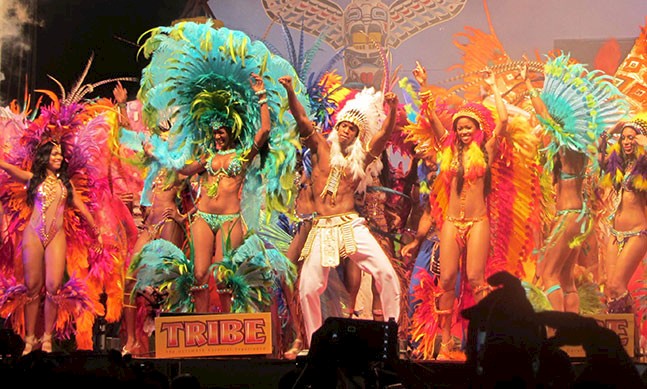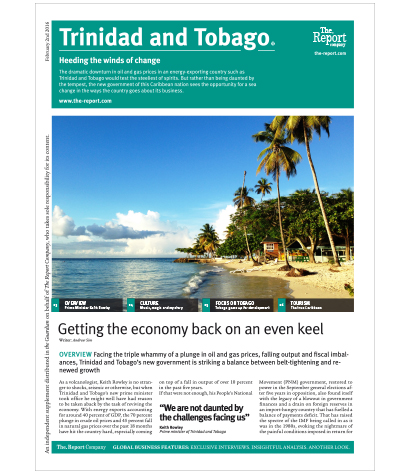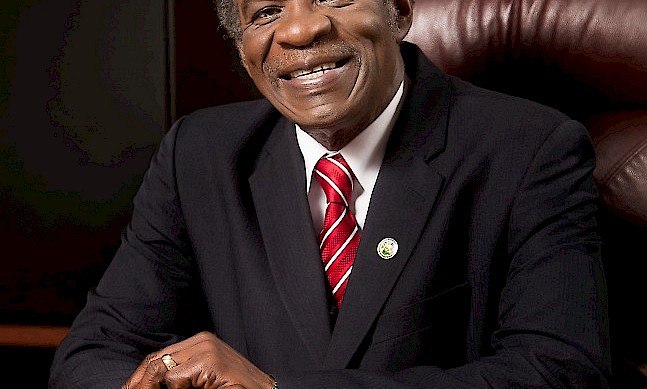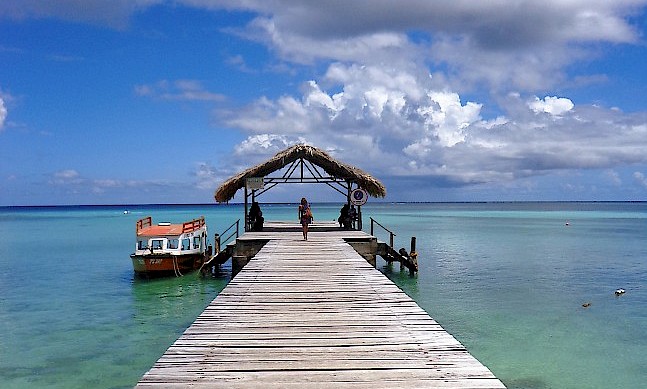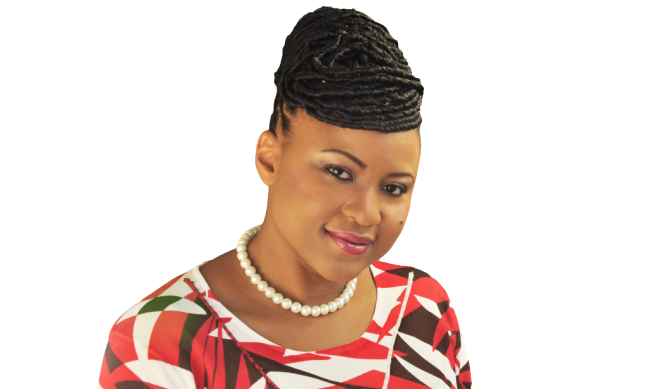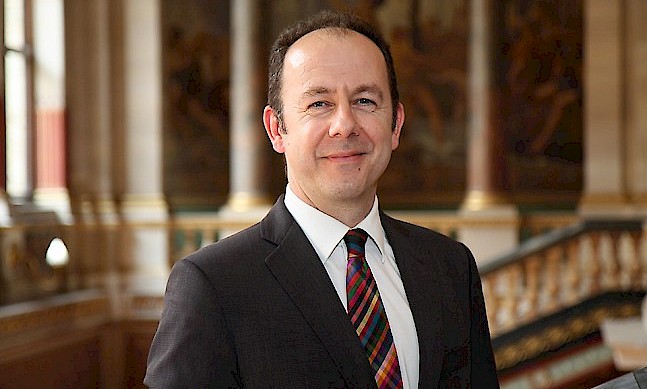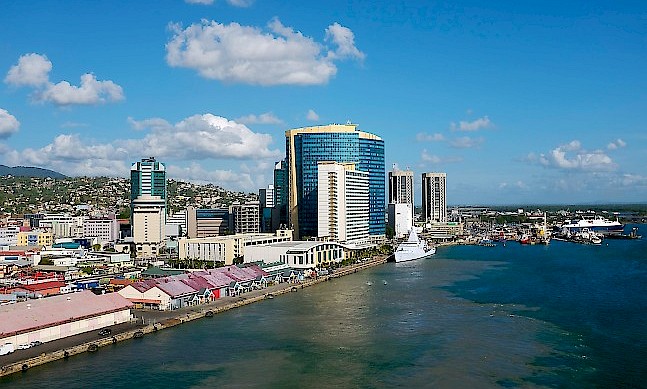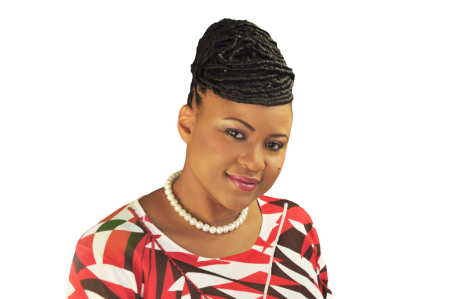 Photo: Ministry of community development, culture and the arts
Photo: Ministry of community development, culture and the arts
Dr. Nyan Elizabeth Gadsby Dolly first entered parliament as the representative for St. Ann's East following the September 2015 general election. She spoke to The Report Company about the work needed to raise awareness about Trinidad and Tobago’s unique culture around the world.
The Report Company: Has Trinidad and Tobago done enough to claim its reputation as an exporter of culture?
Nyan Gadsby Dolly: I don't think we have done our very best to market ourselves. What has tended to happen over the years is that as our diaspora has spread, we have taken our culture out to the world, but we have not been forceful enough in saying that this is the culture of Trinidad and Tobago. There are now carnivals all around the world, but without too much emphasis on what these can bring to us economically and in terms of branding. I think that there is a lot of room for growth in that area. We have over the last few years made some progress, but we now want to make that shift into using our carnival not just as a chance for enjoyment, but as an industry, and using it to define our brand.
TRC: How important is the Caribbean identity to Trinidad and Tobago’s brand?
NGD: Recognition of the Caribbean as a whole is useful, but I also think a lot of things start with Trinidad and Tobago and spread throughout the region because we are the regional leaders. I don’t think it’s a problem when people recognise Trinidad as being Caribbean, but I do think it is important that we understand and recognise the Trinidad and Tobago brand, and I think that that is lacking. As a matter of the fact, if you go away and you tell people you are from the Caribbean, people tend to think that you are from Jamaica. The Jamaicans have done a good job of marketing themselves as a brand; everybody knows Jamaica. They are recognised for sport and for their music. We still have a way to go.
TRC: What is your ministry doing to promote Trinidadian artists and musicians in the international marketplace?
NGD: We are working closely with various coalitions of artisans, and they have ideas about what they would like to see in terms of government support. Our artists have done a lot and they are doing a lot to get themselves onto the international scene, but what they need is more support from the government.
TRC: How can your ministry capitalise on Trinidad and Tobago’s melting pot of different ethnicities?
NGD: Although we are seen to have around half Afro-Caribbean and half Indian heritage, we now have a very significant mixed population, so that signifies that we are very able to mix our cultures on a very fundamental basis. This ministry has a whole division that is tasked with national diversity and honouring the traditions of all of our different ethnic groups. You will see us celebrating Hindu festivals and different Christian festivals all as a part of our culture. What we have to ensure is that we have a Trinbagonian brand so that when we are celebrating our different cultures and heritage, we do so with equity. We also need to look very seriously at defining what that brand is to send out, because when we send our culture ambassadors out to represent our country, we don’t want it to look like they are representing India or Africa; we wanted to be clear that we are representing Trinidad and Tobago and our unique mix. We are taking great pains to ensure that what we put out is Trinbagonian in nature. Not Indian, not African, not Chinese, not Syrian, but a mix of all of our cultures. That is very important to us.
TRC: What is being done in the film industry?
NGD: Ever since I was a child, we have always had local series running on our television stations, and now it’s being taken to a different level because we have seen the growth of industries like Bollywood and Nollywood, which allowed us to recognise that we could take our nascent industry to a higher level. We started to think that we could put our local film out there, and that maybe people would be willing to look at it, and for our diaspora this could be a nice link to their history. The film industry is now growing in our country, and we are at the point where we can assume the leadership role in the region for ‘Collywood’, the Caribbean Hollywood. In some things, I think we need the strength of their region behind us, so Caricom-wide sharing is important. We would like to lead that charge and our ministry is supporting the film industry.
TRC: What initiatives are there to involve young people in the arts?
NGD: We have had a best village programme over the last several years, the intent of which was to ensure that the young people of different villages would have an avenue to put their energies into which would keep them involved and engaged and away from crime. Over the years, there has been a falling away of participation in the programme, and that is one of the areas that we want to focus on. The programme has a number of different initiatives; some are cultural, there is an aspect on the environment, and the idea is for people to try their best to showcase their village in the best light.
Another initiative is skill training throughout the communities, where we offer courses such as handicraft, cake decorating and other skills that can encourage participation in the communities. We also offer community events. We have a community development fund which provides training.
TRC: Do you work with international partners?
NGD: We have had funding for some of our initiatives over the years. We also have cultural exchanges and agreements with other nations.
TRC: Where do you see Carnival in the future?
NGD: Carnival is an enjoyable event. It is an opportunity for the nation to exhale. The government funds Carnival fully, and over a number of years it has become painfully clear that carnivals around the world have been able to bring in a lot of revenue for the governments of other countries. We are not in that position now, so we are looking at Carnival not just as a cultural event, but also as an industry. We have some studies and some information that we are using to devise a method to achieve economic success from our carnival.
TRC: What would you like people to take away about the art and culture of Trinidad and Tobago?
NGD: We are vibrant, we offer a unique experience, and we are worth visiting. When you come here, you get the real deal. I want to encourage people to come and experience who we are as a country, and let them know that we are a country of fun and love and entertainment and a huge cultural mix.
